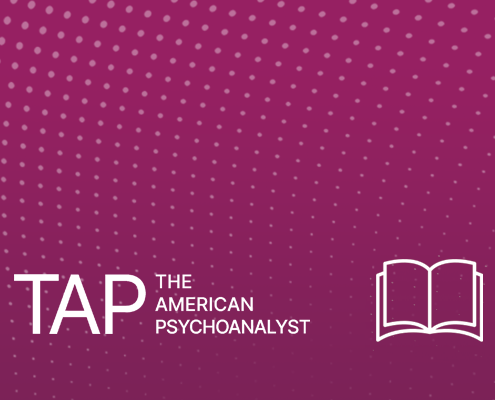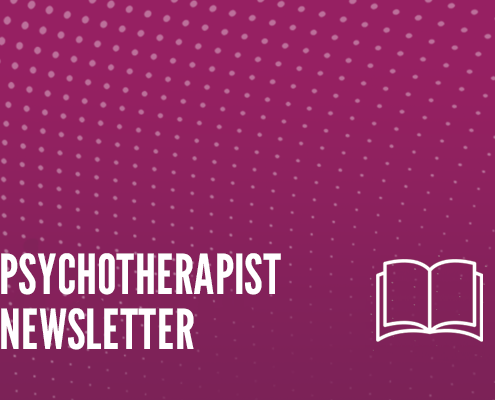Howard Levine, MD: Psychoanalysis is ‘the talking cure,’ but the problems raised by language are complex, paradoxical, and perhaps unsolvable. At their most effective, words play a vital role in psychic homeostatic regulation and the psychoanalytic process that is analogous to the architecturally structural role played by the keystone of an arch. The problem, however, is that words can be used to reveal or conceal, to convey meaning or obscure, distort, hide, fragment, or evacuate meaning. And sometimes the very nature of language falls short of being able to capture and adequately communicate the psychic dimensions of our emotional lives. This paper explores the limitations and possibilities of words and language in psychoanalysis from the perspective of the work of Freud, Bion and Green and ends with a coda from the writings of an analysand.
APsA Publications

The Journal of the American Psychoanalytic Association (JAPA)
JAPA is a peer-reviewed journal publishing original articles and commentaries, ground-breaking research, thoughtful plenary addresses, in-depth panel reports, and more.

The American Psychoanalyst (TAP)
APsA’s triannual magazine, TAP, offers a psychoanalytic perspective on current events in psychology, the arts, and culture for mental health professionals, students, and the general public.

Psychotherapist Newsletter
The Psychotherapist Newsletter features scientific programs and publications about psychoanalytic psychotherapy, personal reflections, social and community issues, and advocacy.
© 2009-2025 American Psychoanalytic Association | 122 East 42nd Street, Suite 2310, New York, NY 10168 | Phone: (212) 752-0450 | [email protected]

